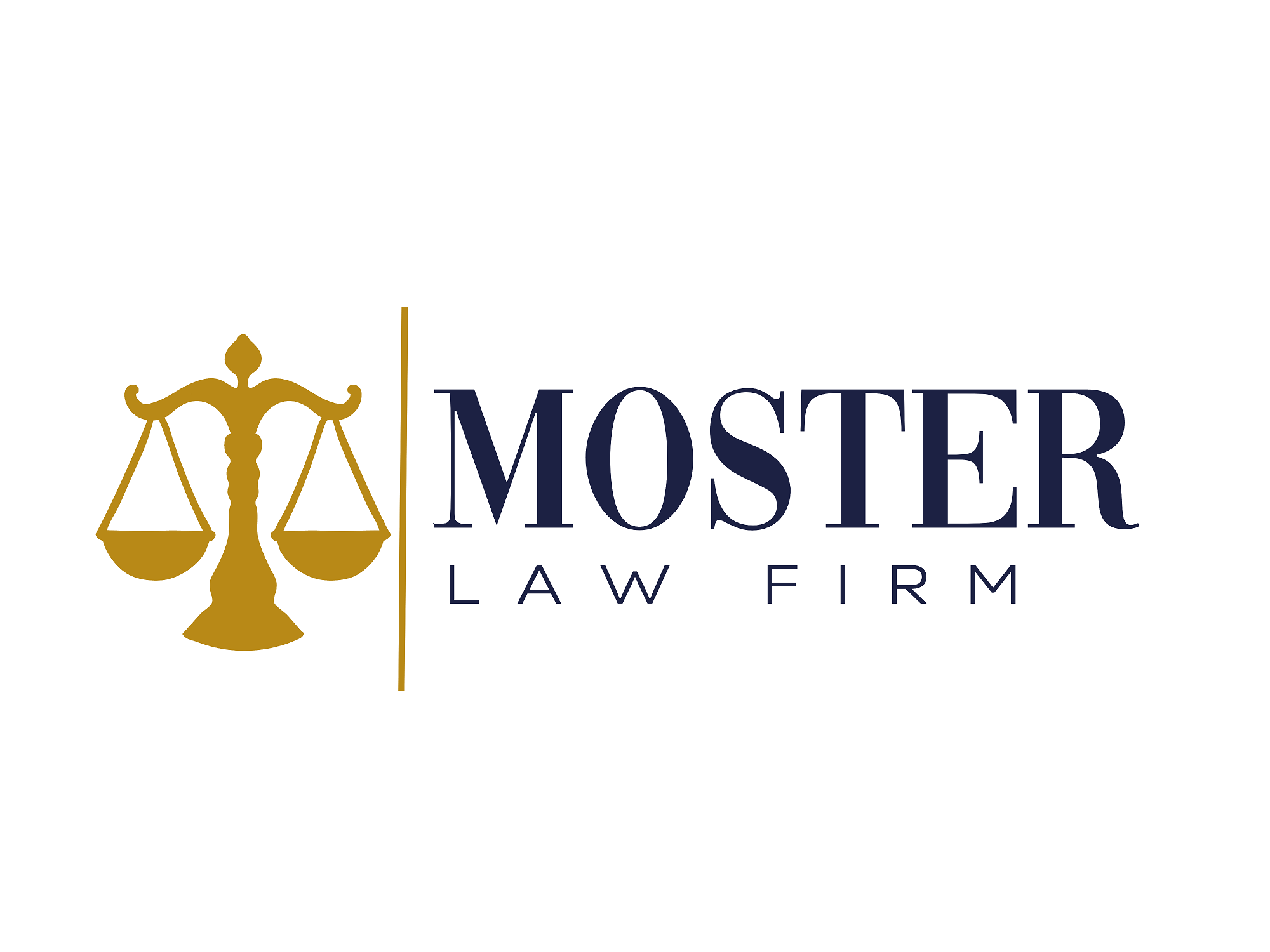This blog is strictly for business owners – so be forewarned.
With that disclaimer in mind, the three letters which scare Texas employers more than the dreaded IRS – spell TWC or the Texas Workforce Commission. Having worked in government as an attorney, I applaud the public service and commitment of those who toil for the TWC. I am just not thrilled with their decidedly pro-employee bias.
In my experience as a Dallas Employment Lawyer and attorney focused on TWC claims against businesses, any communication received from this agency is usually bad news. I have witnessed time and time again abuse by employees who try to manipulate the system to receive undeserved benefits which cost my clients thousands of dollars.
Almost universally, my clients are met with skepticism and occasional rude behavior from the investigators and other personnel at the TWC who invariably take the employee’s position. To say this is frustrating is an understatement.
So, what are the main risks confronted by Texas Business Owners when dealing with a complaint or investigation initiated by an ex-employee? Here are a few eye-openers:
1. Improper claims for Texas unemployment insurance.
This is the most frequent problem encountered by business owners. Employees erroneously believe they have a universal right to tax ex-employers for unemployment insurance regardless of the circumstances. The general rule is that you do not owe a dime to an employee who resigns or is fired. With regard to employer termination, it is critical that the company maintain copious files to set forth the basis for termination which is typically related to employee misconduct, failure to follow policies, or neglect. It is possible for a terminated employee to seek benefits based on a “wrongful termination” which is a frequent area of litigation. An example would be the firing of an employee as a means to reduce or avoid the payment of compensation or commissions which are due. Similarly, terminations based on the violation of state and federal discrimination laws are also prohibited.
Layoffs or a reduction in hours can result in the payment of unemployment benefits. Assuming your company is considering this action, it is wise to consult with a Texas Employment Lawyer before you implement any involuntary reduction in staff.
2. Beware of Bogus Discrimination Claims.
As an employment attorney, I see bogus discrimination claims all the time. Please don’t get me wrong, as I believe workplace discrimination is abhorrent and actually argued one of the leading plaintiff discrimination cases several years ago where a Lubbock car dealership illegally discriminated against a manager who was diagnosed with MS. We won and my client got a free trip to Washington.
That said, 100% of the cases I see and litigate involve ex-employees who are attempting to exploit businesses by manipulating discrimination laws. I have seen patently false charges of racial discrimination, gender bias, and claims based on age and medical condition. In every case handled by my office, the evidence establishes precisely the opposite. Notwithstanding, the ex-employee “lies” and files a false report. Unfortunately, under the law, the burden switches to the employer to prove otherwise which is an absolute travesty. At least, that is how it works in practice. The TWC tends to accept as gospel everything the ex-employee blurts out. That is why my firm always recommends – as a preventative measure – those copious records be kept of employee misconduct or just plain incompetence/insubordination.
Assuming your business receives a claim from the Texas Workforce Commission, it is critical to retain experienced TWC employment counsel to assist. There are multiple defenses to these claims which can be waived if not asserted.
3. Where does the EEOC come in?
The Equal Employment Opportunity Commission (EEOC) is the federal agency which enforces the discrimination laws of the United States. An ex-employee alleging discrimination can take their claim to the TWC or EEOC but not both. The process of handling the claims is similar and requires the services of an experienced Texas employment lawyer, in my opinion. Keep in mind that the aggrieved employee cannot file suit against an employer unless the claim is first taken to the TWC or EEOC.
4. What if you get a Notice of Hearing from the TWC?
Get a lawyer! These hearings often feel like Kangaroo Court given the presumption that the employee is always right. An experienced attorney can help build your case, defense, and present the true facts to the TWC Hearing Officer.
5. Avoid the independent contractor trap!
This is a huge area of liability for business. Many employers mistakenly classify workers as independent contractors at the request of the laborer or to save money by shifting the tax paying responsibility. The typical litmus test for an independent contractor is that they set their own hours, provide their own tools, and are not trained by the employer. Bringing on a day laborer as needed is a typical example. If you bring on any worker for set hours that is almost always an employee relationship requiring you to pay taxes. 1099 will not cut it.
If the ex-employee claims unemployment benefits and you fight back, beware of an adverse determination as the TWC will likely investigate every other so-called independent contractor who worked for you. The penalties owed for back wages could put you out of business.
Bottom Line:
Don’t mess with the TWC!
If you get an employment claim which you dispute or communication from the TWC of concern, feel free to reach out to us. We are always there to help and offer a complimentary consultation.


